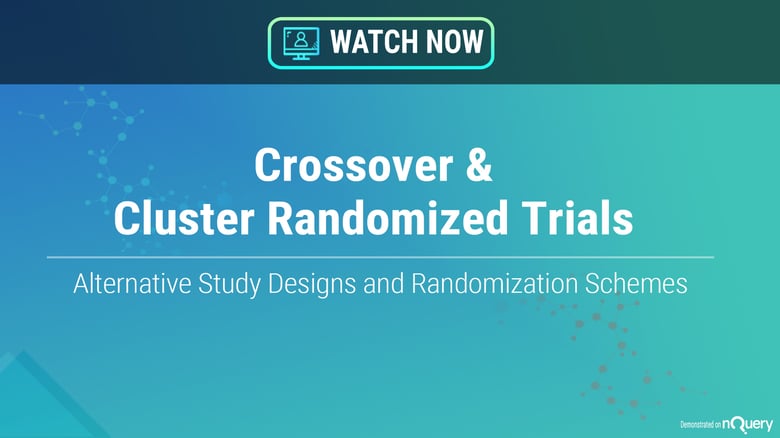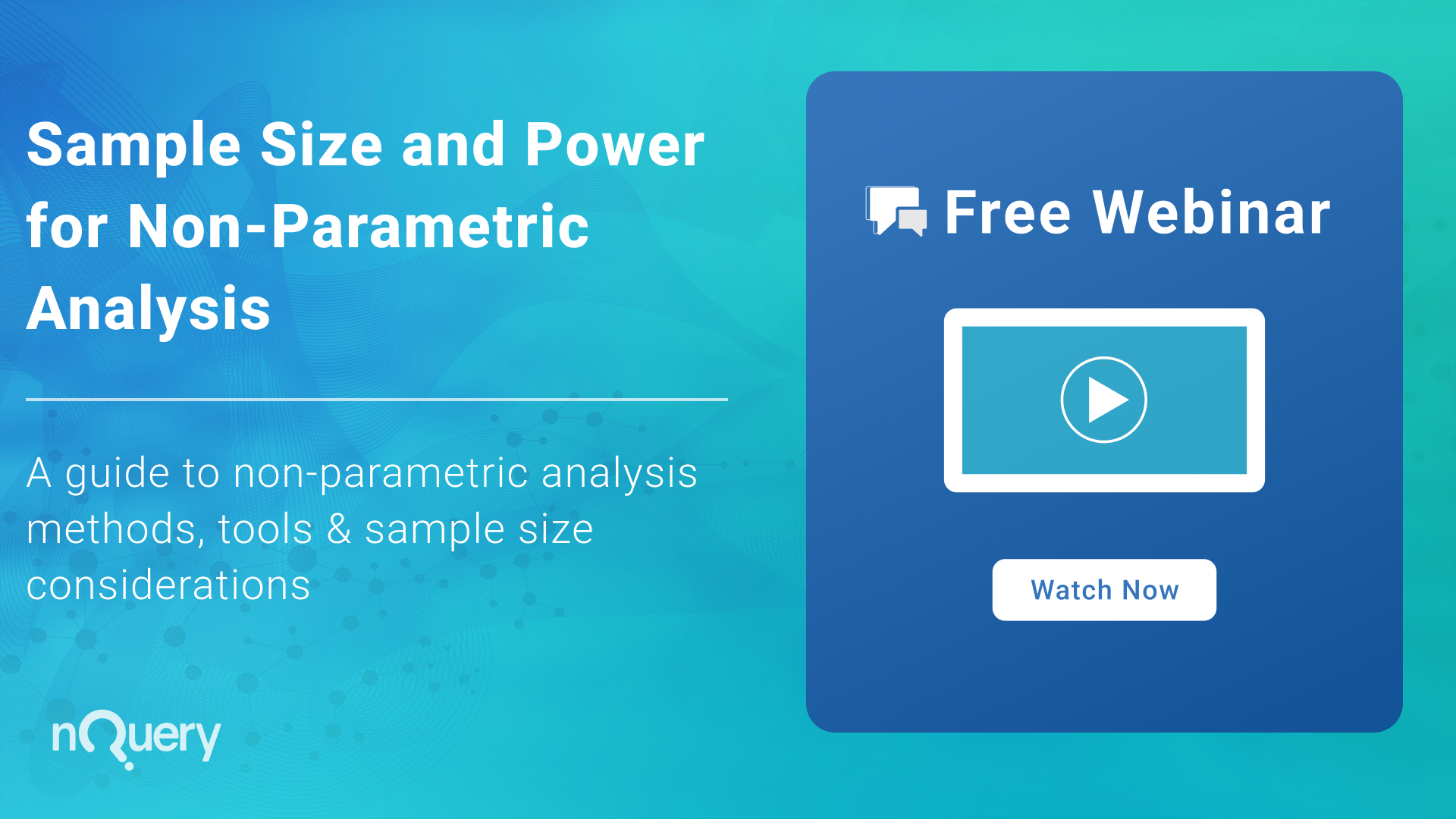About the webinar
A parallel randomized controlled trial with individual randomization is a popular design choice, but it has its limitations.
We explore the suitability, benefits and limitations of alternative trial designs.
We guide you on how to best use crossover designs, cluster randomization and a combination of both as alternative methods. Allowing you to make an informed decision for your research.

In this free webinar, you will learn how to overcome the challenges associated with:
- Low power and recruitment issues in parallel RCTs via
- Crossover designs - e.g. 2x2 Crossover, Williams Crossover,
- Higher-Order Crossover
- Logistical issues with individual randomization via
- Cluster Randomized Trials
- Cluster-Crossover Designs
- Stepped-Wedge Designs
More About The Webinar
Study design and statistical methodology must be considered early when planning any clinical trial. Randomized controlled trials (RCTs) are often viewed as the gold standard for clinical trial design and the parallel design with individual randomization is the most common type of RCT.
However, this design can face problems such as low power and recruitment issues.
Crossover designs are an alternative to parallel designs where each subject receives all treatments and acts as their own control.
This design can be more powerful than a parallel trial but is not always applicable and faces other limitations.
In cluster-randomized trials, entire groups (clusters) are randomized instead of individuals, often simplifying the logistics of a trial. However, this can require a larger sample size and introduce other biases into the design that must be considered.
Designs that combine crossover with cluster randomization are another option. These can utilize a simple 2x2 crossover (cluster-crossover), cross over in multiple periods (multiple period cluster-crossover) or cross over in one direction only (stepped-wedge).
In this free webinar, we examine these alternative methods to the parallel RCT with individual randomization and assess their benefits and limitations.
Play the video below to watch
the complete recording of this webinar
Nothing showing? Click here to accept marketing cookies


Looking for more resources?





















No Comments Yet
Let us know what you think